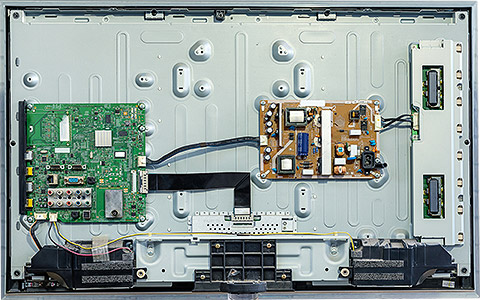CEC
CRITICAL. is the driving force behind the Circular E-waste Center ('CEC'), aiming at a never before realized direct collaboration between collectors, refurbishers, dismantlers and refiners of electronic waste ('e-waste'). Bringing all parties in the chain together under one roof stimulates collaboration, increases efficiency and maximises the ecological and economic value of e-waste.
CEC
1. Improved efficiency and lower costs
Logistics optimisation:
Transport costs and times are minimised because materials do not have to be transported between different locations.
Faster lead times:
Collaboration between chain partners runs more smoothly due to short communication lines and direct transfer of materials.
2. Maximum value creation
Higher reuse rates:
Refurbishers can work directly with collectors to identify and reuse usable parts before dismantling and refining takes place.
Optimized recycling:
Dismantlers and refiners can align processes together to recover Critical Raw Materials more efficiently.
3. Better control and quality
Traceability:
The process from collection to recovery can be fully monitored, which ensures greater transparency and compliance with legislation and regulations.
Quality assurance:
Direct collaboration between parties makes it possible to guarantee high-quality output in every process step.
4. Innovation and knowledge sharing
Collaboration and innovation:
Under one roof, parties can more easily share knowledge and develop joint innovations, such as new refurbishing methods and advanced separation techniques.
R&D synergy:
The consortium can jointly invest in research into more efficient technologies and methods.
5. Sustainability and social impact
Lower ecological footprint:
Integrated processes lead to less energy consumption and waste production.
Social responsibility:
The model supports local employment and promotes a Circular Economy.
